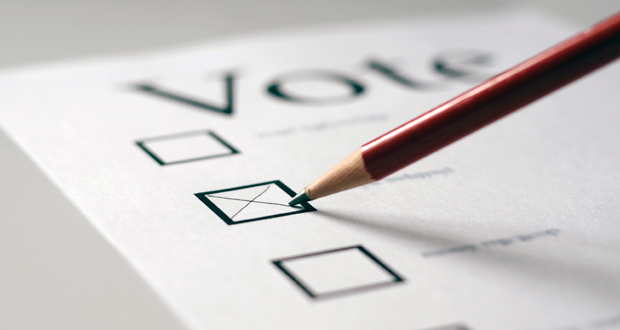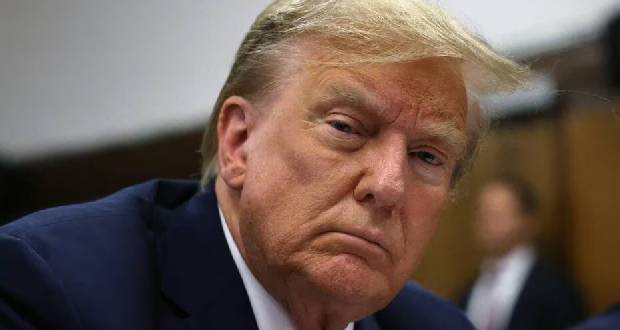Publicité
How to keep Electoral Reforms effective and yet simple
Par
Partager cet article
How to keep Electoral Reforms effective and yet simple


A lot has been said already about Electoral Reforms, but none of the proposals so far has gained popular acceptance because they are complex, biased and unreliable. Almost all are focused on introducing Proportional Representation (PR), which in effect could alter the people’s choice – the verdict of the ballot should stay supreme, no matter what. So let’s not continue to waste time trying to accommodate and to see how to get PR right, because it is simply wrong!
There are definitely better ways to reform the electoral system, suffice to have the courage to recognize this and to have the guts to really reform it in the country’s best interests (and definitely not in party leaders’ own interests). Moreover, if we are to do away with the Best Loser System (BLS), then let’s not bring in a worse and dangerous situation whereby nominations as Parliament member rest in party leader’s hands or some complex and obscure methods of choosing. It is also about time that the dinosaurs in Parliament make way for fresh blood. . .
‘‘Although Mauritius has its own specificity that cannot be ignored, party leaders have always chosen (and will continue to do so, despite whatever they make believe) candidates based on the ethnic profile of the constituencies.’’
Some facts:
There is a general perception of fair representation in the present system (other than by gender) of First Past The Post (FPTP) + BLS. Elections based on FPTP have worked well to guarantee political and government stability (as opposed to PR which could alter the people’s sovereign choice and bring in instability – cf. in autonomous Rodrigues not too long ago).
Although Mauritius has its own specificity that cannot be ignored, party leaders have always chosen (and will continue to do so, despite whatever they make believe) candidates based on the ethnic profile of the constituencies.
One of the main weaknesses of the present system is that it often result a big disparity between the percentage of votes received by a party and the percentage of its elected representatives. Last, but not least, women are under-represented in Parliament.
Any reform must therefore be able to:
- Remove the disparity between percentage of votes received and percentage of elected representatives of a party.
- Allow for better gender and age representation.
- Safeguard the rights to fair representation of minorities.
- Bring in more accountability from elected representatives.
- Differentiate and do away with votes based on communal or extremist beliefs.
- Be understood and implemented easily.
- Be effective, unbiased, transparent and reliable.
Proposals for all 21 constituencies of Mauritius:
- Each party must present a maximum of three members for election in a constituency.
- A party may or may not run for election in all constituencies.
- Non-party candidates (independents candidates) are allowed.
- A candidate cannot run in more than one constituency at the same time.
- All candidates must declare their unique religious belief (as per latest national census of religions) or else be registered as atheist for the election.
- Not all party candidates can be of same sex, in any constituency.
- Not all party candidates can be of same religious belief, in any constituency.
- People will vote for three candidates per constituency; not less, not more.
- Four candidates (FPTP) will be elected per constituency; the 4th elected member must have won at least 5 % of votes to qualify, otherwise, the constituency will return only 3 (FPTP) elected members
- Crossing of the floor is not allowed; a Parliament member can eventually leave his/her party, but cannot join another party, in which case he/she automatically loses his/ her seat in Parliament
- A Parliament member, including Prime Minister and ministers, cannot sit for more than 2 consecutive terms – starting from next term.
Advantages of above proposals:
- All Parliament members will have faced the people directly in an election; there is no reserved seat, be it for the leader him/herself.
- New blood will come in automatically; even for Prime Minister and ministers, etc., after a maximum of 2 terms.
- Once party leaders have nominated their candidates, it is solely up to the people to decide in the election.
- People will still be voting in the same way they have always been doing, hence the perception of fairness in representation will be maintained.
- There will be no such thing as 60/0; big disparities between percentage of seats and percentage of votes will not exist through a FPTP system itself; no need for any reserved/non-elected/leader’s preferred/biased list.
- Women will definitely be better represented in Parliament.
- Constitutional rights of minorities will be safeguarded and BLS will become obsolete.
- Marginal/extremist votes will not matter in final results.
- Parliament members will have to stick to their elected ‘colours’, or at worst, become neutral, but cannot adopt another ‘colour/party’.
- People’s choice will not be altered by some kind of PR/ non-elected list.
- Government and political stability will continue to prevail.
My proposals are easy to understand by all, very simple to implement, and the results will be unbiased and transparent. Overall, we will have a very reliable and effective system which will guarantee fairness, representation and adherence.
(Note: 1st published in 2014, edited in 2016)
Publicité
Les plus récents






